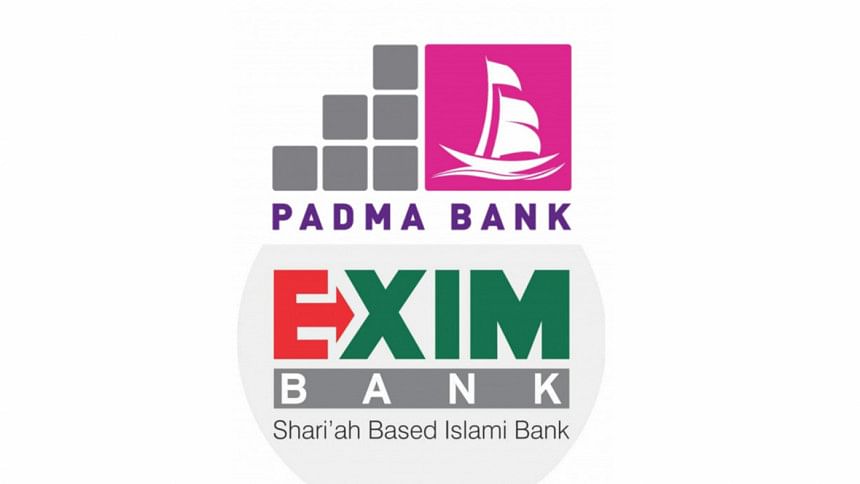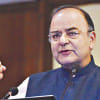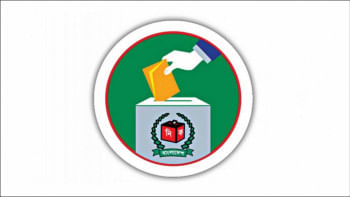Hasty bank mergers to bring no good

The decision taken by Exim Bank and Padma Bank on March 18 to merge appears to have been taken hastily without adequate preparation, for which the desired outcome may not come about, said analysts at a webinar.
Banks with good performance records and depositors are concerned over the amalgamation of the Shariah-based Exim and trouble-ridden Padma, they said while shedding light on impacts on the distressed banking sector.
The Forum for Bangladesh Studies, a platform for academics and analysts working on contemporary issues, organised the webinar yesterday.
Questions have arisen on why the merger decision was taken when related comprehensive guidelines and regulations are yet to be prepared, said Fahmida Khatun, executive director of the Centre for Policy Dialogue.
Both banks are weak as per a Bangladesh Bank health index of banks and it is very difficult to get any positive result by merging two weak banks, she said.
In 2009, Bangladesh Shilpa Bank and Bangladesh Shilpa Rin Sangstha merged to form Bangladesh Development Bank Ltd (BDBL), which is still teetering under a massive amount of bad loans, she added.
These developments are a matter of concern for banks with good performance records as the reforms necessary for the banking sector must be brought about in a planned manner, said Khatun.
"Weak banks of influential owners should not be left out of mergers and what will happen post-merger are important factors," she said.
Cosmetic changes will not bring about any development with regard to governance in the banking sector as overhauling has become essential, she added.
The formation of a banking commission has been in discussions for a long time, and it should be independent, said Khatun.
"We were informed that the bad assets of weak banks will be bought by an asset management company," said Zia Hasan, a researcher focusing on development and economics, while presenting a paper.
"If that happens, taxpayers and general people will have to bear the cost of the bad assets," he said.
However, he said the merging of two weak banks was better than a weak bank merging with a bank with sound financial management.
"When weak banks merge with the sound banks, the latter will be faced with risks," said Hasan.
The key question is identifying the entity which would take on the burden of bad assets of weak banks, he said.
"The declared merger plan is a weak plan because the central bank is yet to prepare for the merger of banks," he said.
The actual amount of defaulted loans in the banking sector, including rescheduled ones and loans pending against lawsuit, stands at around Tk 4,56,000 crore, as per the paper presented by Hasan.
Jyoti Rahman, an economist and director of international affairs of the Sydney Policy and Analysis Centre, also spoke on the financial sector at the webinar, hosted by journalist Monir Haider.

 For all latest news, follow The Daily Star's Google News channel.
For all latest news, follow The Daily Star's Google News channel. 









Comments